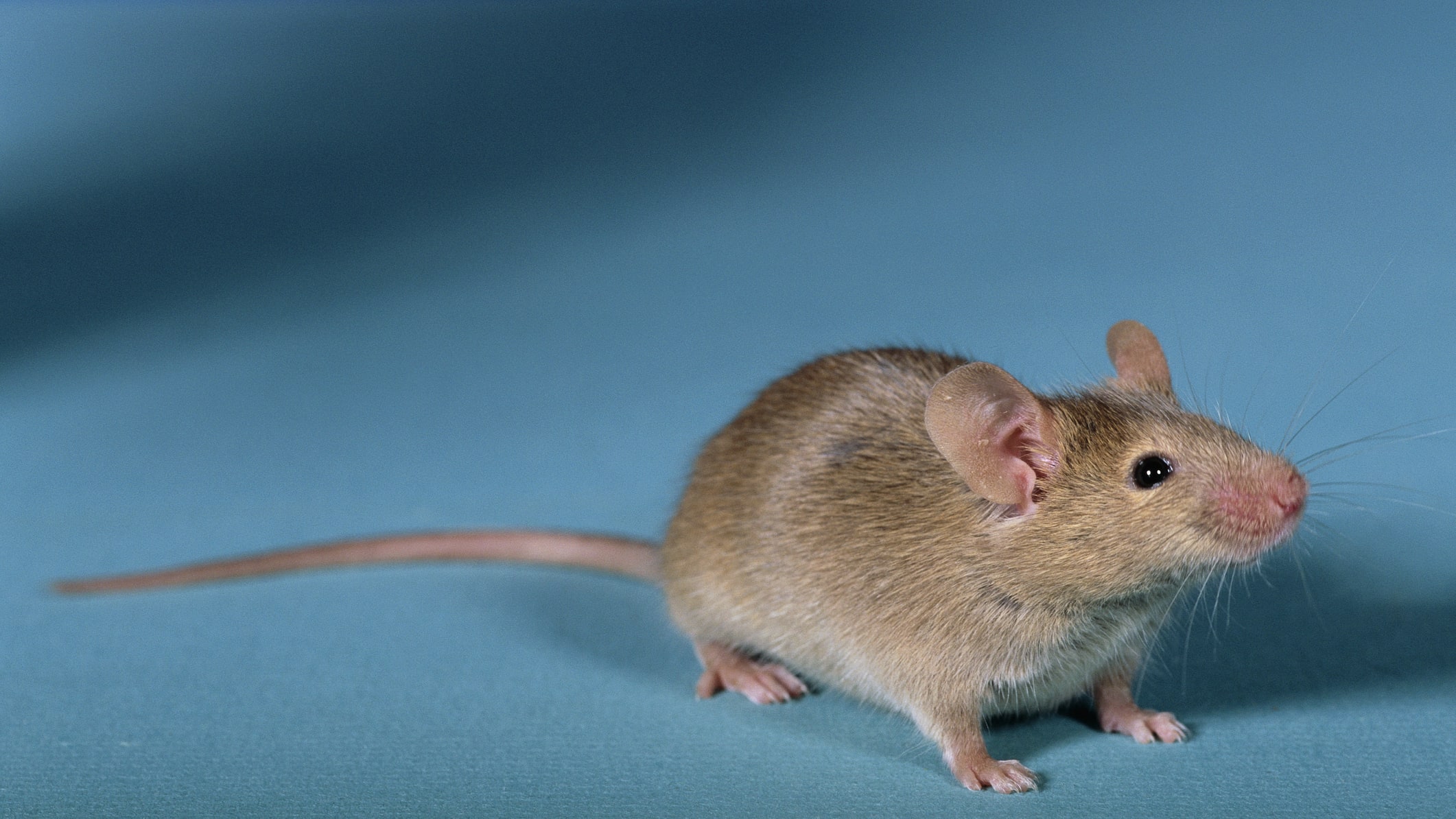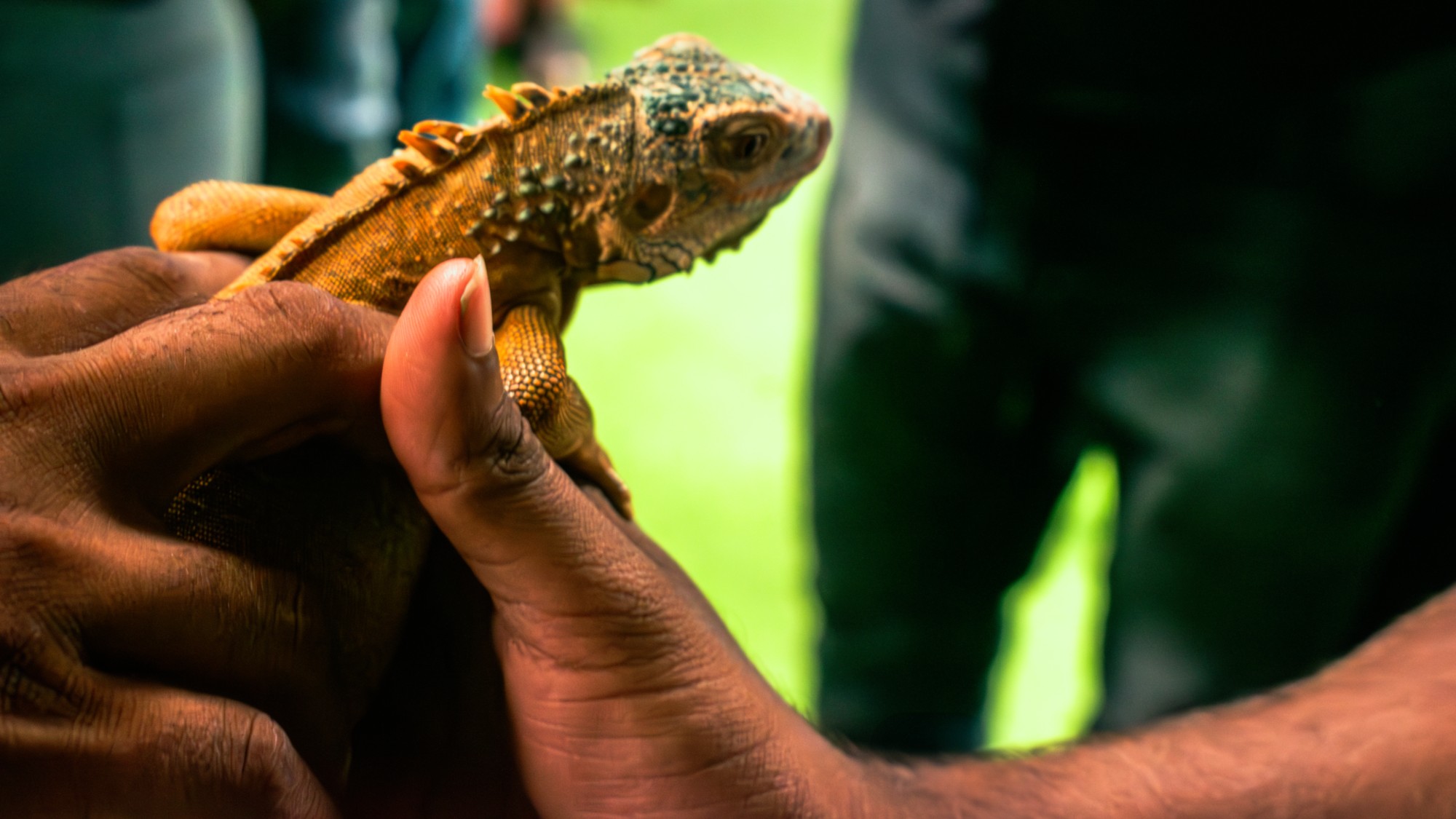Scientists successfully created healthy mice from 2 male parents


A free daily email with the biggest news stories of the day – and the best features from TheWeek.com
You are now subscribed
Your newsletter sign-up was successful
Scientists have successfully created mice with two biologically male parents, according to new research presented at the Third International Summit on Human Genome Editing in London. This was done by manipulating the chromosomes of one of the mice and creating an egg, "a significant advance with significant potential applications," said Keith Latham, a developmental biologist at Michigan State University.
After creating the eggs, they were fertilized by male sperm cells and implanted in female mice's uteruses. The survival rate of the embryos was low with only seven of 630 developing to become pups. However, those seven grew normally and become fertile adults. "This is the first case of making robust mammal oocytes from male cells," said Katsuhiko Hayashi of Kyushu University who lead the research.
The next step is to apply the technique to human cells, but "there are big differences between a mouse and the human," Hayashi explains. "Purely in terms of technology, it will be possible [in humans] even in 10 years," he adds, saying he's unsure "whether they'll be available for reproduction."
The Week
Escape your echo chamber. Get the facts behind the news, plus analysis from multiple perspectives.

Sign up for The Week's Free Newsletters
From our morning news briefing to a weekly Good News Newsletter, get the best of The Week delivered directly to your inbox.
From our morning news briefing to a weekly Good News Newsletter, get the best of The Week delivered directly to your inbox.
The technology could potentially be used to allow male couples to have biological children in the future. "What I can say is only about the technological side. I think in theory it is possible," Hayashi told New Scientist. Kotaro Sasaki, a biomedical scientist at the University of Pennsylvania commented, "Using this for reproductive purposes ... comes with lots and lots of ethical and legal issues, which we need to seriously address."
The findings are yet to be published in a scientific journal, making it "preliminary research," according to Evelyn Telfer, a reproductive biologist at the University of Edinburgh.
"Although they get quite a lot of eggs, these eggs are clearly not fully competent because they really get a very, very small proportion of them that are capable of being fertilized and forming embryos," she said. "It's a huge achievement, but it's still an indication that there are problems with these in vitro–derived oocytes from the stem cells, so there's a lot of work that has to be done."
A free daily email with the biggest news stories of the day – and the best features from TheWeek.com
Devika Rao has worked as a staff writer at The Week since 2022, covering science, the environment, climate and business. She previously worked as a policy associate for a nonprofit organization advocating for environmental action from a business perspective.
-
 Political cartoons for February 16
Political cartoons for February 16Cartoons Monday’s political cartoons include President's Day, a valentine from the Epstein files, and more
-
 Regent Hong Kong: a tranquil haven with a prime waterfront spot
Regent Hong Kong: a tranquil haven with a prime waterfront spotThe Week Recommends The trendy hotel recently underwent an extensive two-year revamp
-
 The problem with diagnosing profound autism
The problem with diagnosing profound autismThe Explainer Experts are reconsidering the idea of autism as a spectrum, which could impact diagnoses and policy making for the condition
-
 Russia’s ‘cyborg’ spy pigeons
Russia’s ‘cyborg’ spy pigeonsUnder the Radar Moscow neurotech company with Kremlin-linked funding claims to implant neural chips in birds’ brains to control their flight, and create ‘bio-drones’
-
 How roadkill is a surprising boon to scientific research
How roadkill is a surprising boon to scientific researchUnder the radar We can learn from animals without trapping and capturing them
-
 The ocean is getting more acidic — and harming sharks’ teeth
The ocean is getting more acidic — and harming sharks’ teethUnder the Radar ‘There is a corrosion effect on sharks’ teeth,’ the study’s author said
-
 Cows can use tools, scientists report
Cows can use tools, scientists reportSpeed Read The discovery builds on Jane Goodall’s research from the 1960s
-
 5 recent breakthroughs in biology
5 recent breakthroughs in biologyIn depth From ancient bacteria, to modern cures, to future research
-
 Blue Origin launches Mars probes in NASA debut
Blue Origin launches Mars probes in NASA debutSpeed Read The New Glenn rocket is carrying small twin spacecraft toward Mars as part of NASA’s Escapade mission
-
 Dinosaurs were thriving before asteroid, study finds
Dinosaurs were thriving before asteroid, study findsSpeed Read The dinosaurs would not have gone extinct if not for the asteroid
-
 Parthenogenesis: the miracle of 'virgin births' in the animal kingdom
Parthenogenesis: the miracle of 'virgin births' in the animal kingdomThe Explainer Asexual reproduction, in which females reproduce without males by cloning themselves, has been documented in multiple species
